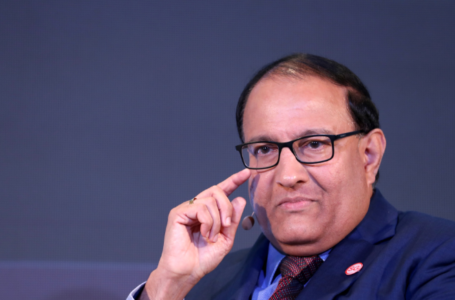Exploring the statutes, implications, and penalties tied to his case.
SINGAPORE: Former Transport Minister S. Iswaran pleaded not guilty on Thursday (Jan 18) to multiple charges involving bribery and corruption. This follows a six-month-long investigation by the Corrupt Practices Investigation Bureau (CPIB) into his alleged misconduct and his connections with property tycoon Ong Beng Seng, a key figure in Singapore’s Formula One Grand Prix operations.
Understanding the Charges
Iswaran faces 27 charges, including two under the Prevention of Corruption Act (PCA) and 24 under Section 165 of the Penal Code.
Prevention of Corruption Act (PCA):
Iswaran is accused of obtaining S$145,434 worth of Singapore Grand Prix tickets, along with a flight and hotel stay in Doha valued at over S$20,000, allegedly to advance Ong’s business interests in contracts with the Singapore Tourism Board.
These charges specifically address the corrupt intent behind receiving these benefits.
Penal Code, Section 165:
Under this section, Iswaran is charged with receiving S$218,000 worth of gifts, including tickets to football matches and entertainment events, without adequate payment.
This statute targets public servants abusing their positions, regardless of whether corruption can be proven.
Iswaran has also been charged with obstructing justice by repaying part of a business-class flight ticket several months after the fact.
Legal Nuances: PCA vs Penal Code
While both the PCA and Section 165 deal with valuable exchanges, they differ in scope and intention:
PCA (Section 6(a)): Requires proving corrupt intent, such as accepting benefits in exchange for favorable actions.
Penal Code (Section 165): Focuses on public servants receiving undue benefits without necessarily proving corruption.
Legal experts note that Section 165 cases may be easier to prove since they don’t require demonstrating a quid pro quo relationship.
Obtaining vs Accepting
All charges against Iswaran involve “obtaining” benefits rather than “accepting.” While “obtaining” implies actively seeking the benefit, legal practitioners agree that this distinction likely won’t impact the case’s outcome but could influence sentencing if he pleads guilty.
Gifts and Public Service Ethics
Singapore’s strict rules on public servants accepting gifts reflect the nation’s commitment to integrity. Civil servants cannot retain gifts valued over S$50 unless they pay market value and declare the gift. Political office holders follow similar principles under a Code of Conduct for Ministers.
Additionally, Section 8 of the PCA presumes corruption in cases where gifts are received unless proven otherwise, making it risky for public servants to accept any gifts without proper declarations.
What Lies Ahead?
Iswaran’s next court appearance will be a pre-trial conference (PTC), an administrative hearing where prosecution and defense will update the court on case preparations. The process could span years due to the case’s complexity and the potential number of witnesses.
Possible Penalties
If convicted:
Under Section 165 of the Penal Code: Up to two years in prison, a fine, or both.
Under Section 6(a) of the PCA: A maximum of seven years in prison, a fine of up to S$100,000, or both (as the charges involve government contracts).
If acquitted, Iswaran cannot face prosecution for the same charges again, though the prosecution could appeal.
This case underscores Singapore’s stringent anti-corruption measures and the legal intricacies in ensuring accountability among public officials.








